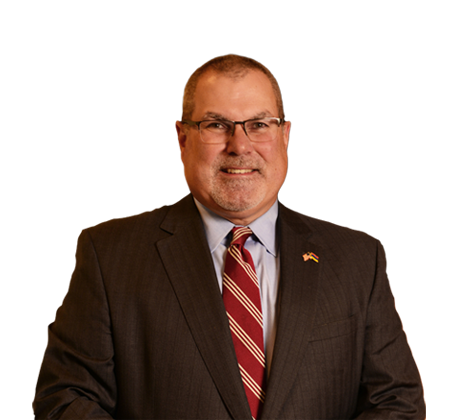Welcome To The Garden State
New Jersey Employment Law For The Out-Of-State Employer
This is the first in a series of Alerts that we are preparing to help acclimate out-of-state employers to the nuances of New Jersey law. We would appreciate your feedback to help us better serve both our New Jersey-based and out-of-state clients.
Paid Sick Leave In New Jersey
Some of New Jersey’s most densely populated municipalities now have paid sick leave ordinances and more are likely coming. As a result, employers who do business in New Jersey need to stay up-to-date on those ordinances.
While the State of New Jersey does not require paid sick leave on a statewide basis, many of New Jersey’s largest municipalities have passed local paid sick leave ordinances. These laws cover a substantial portion of workers employed in New Jersey.
Jersey City led the way, adopting a paid sick leave law in 2013, followed by Newark in early 2014. Later that year, Passaic, Paterson, East Orange, Irvington, Montclair, and Trenton followed suit. In 2015, Bloomfield and Elizabeth joined the party.
The various municipalities’ laws are similar. Workers who are employed in the relevant city for at least 80 hours a year are covered by the paid sick leave laws.1 (Bloomfield and East Orange do not have any minimum hours worked threshold.) Government employees, including school district and board of education employees, are exempt from coverage. In Newark and Jersey City, workers employed by Rutgers University and any of its subdivisions are also exempt.
Sick time may be used for an employee’s own illness or to care for loved ones including children, parents, parents of a spouse or domestic partner, spouses, domestic partners, grandchildren, grandparents, the spouse or domestic partner of a grandparent, and siblings. Children is broadly defined to include biological, adopted, foster children, stepchildren, legal wards, or children of a domestic partner, as well as where an employee is acting in loco parentis to a child.
Employees earn 1 hour of paid sick leave for every 30 hours worked. The laws apply to businesses regardless of size, but the maximum amount of time that can be earned under the law varies. In businesses with fewer than 10 workers, employees may earn up to 24 hours of paid sick leave a year. In business with 10 or more workers, employees may earn up to 40 hours a year. All child care, home healthcare, and food service employees may earn up to 40 hours of sick leave a year, even if they work for businesses with fewer than 10 workers.
Although workers may carry forward up to 40 hours of unused sick time from one year to the next, employers are not required to allow employees to use more than 40 hours of sick time a year. An employer may also pay its employees for earned and unused sick time at the end of the year in which it is earned in lieu of allowing its workers to carry time forward. (This option is not available to employers in Jersey City.)
Sick time begins to accrue on the first day of employment, but it cannot be used until the 90th calendar day of employment. Workers covered by a Collective Bargaining Agreement are exempt from coverage if the CBA expressly waives the requirements or if they are members of a construction union.
Covered employers are required to display posters giving notice to employees of their rights under the law. Some municipalities provide copies of these posters and others require employers to create their own.
We believe that more municipalities will adopt similar ordinances. Elizabeth’s recently adopted law takes effect on March 2, 2016. Paid sick leave laws also have been proposed at the state-wide level and are being discussed in municipalities throughout the state.
If you have any questions about how New Jersey’s various municipal paid sick leave laws could affect your organization, please contact Scott Ohnegian, Daniel Zappo, or any member of Riker Danzig's Labor & Employment Group.
1 Jersey City recently amended its Paid Sick Leave Law to conform more closely to the laws in other municipalities. Because the effective date of the new ordinance is rapidly approaching on December 14, 2015, this article discusses Jersey City law as amended.




